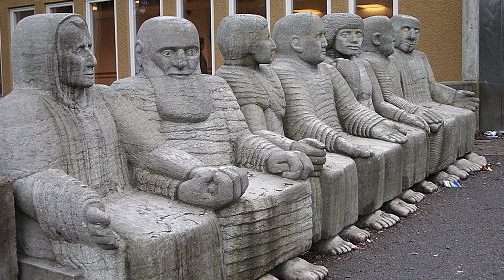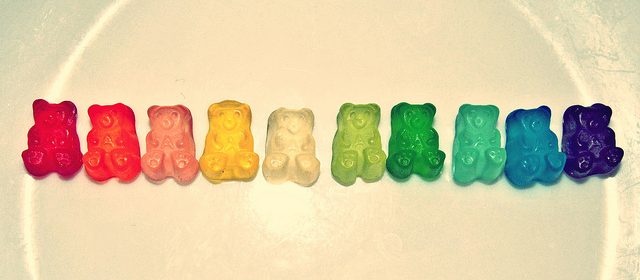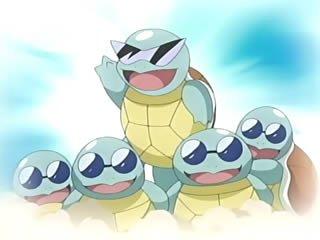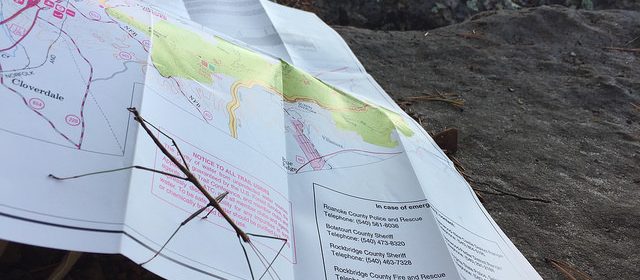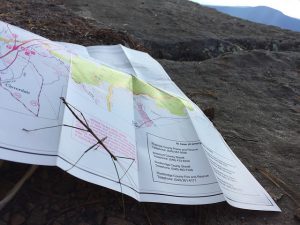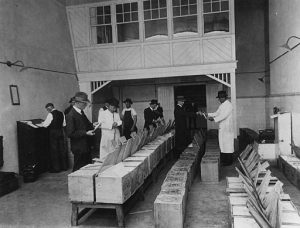Have you ever had a tough time in classes when you want to say something and the moment is suddenly gone?
Have you ever thought so deeply about the answer to a question that by the time you reach a thoughtful conclusion it is too late?
Have you ever raised your hand in class and slowly lowered it because the professor did not notice or you decided to not say what you had to say anymore?
Well…that is me for sure! I am an Introvert!

And quite frankly I am completely satisfied with it. I believe that it is a part of my true authentic self. Yes! I know you all are getting ready to write your blogs about your authentic teaching self. For the past few weeks spending time with you all in class has been a fantastic experience for me.
As I read your blogs every week, I observe that you are making the connections, that you are trying, that you are putting forth your ideas for us related to the information we present for your perusal. And even though in the moment it may be confusing, disorganized or elusive, you are sharing your thoughts about the concepts presented and I enjoy reading your thoughts SO much. But, something is missing…
Last Spring, when I took GEDI, something was missing for me too till I got to the post about MY true authentic teaching self…you know what it was? My voice…because

Yes they do…and yet, I realized while I wrote this post last year that my voice and being able to communicate my ideas IN CLASS was super important. Not only for the benefit of my professor or my participation but because I needed to hear my voice in the classroom in order to find and be my true authentic self. Some of you may be inspired by my post, some intimidated and some not find it useful…but I know one thing – I want to hear your voice. I want you to speak up, I want you to raise your hand and keep it raised till you are called upon to speak.
You know who you are –

Let us hear you speak!





